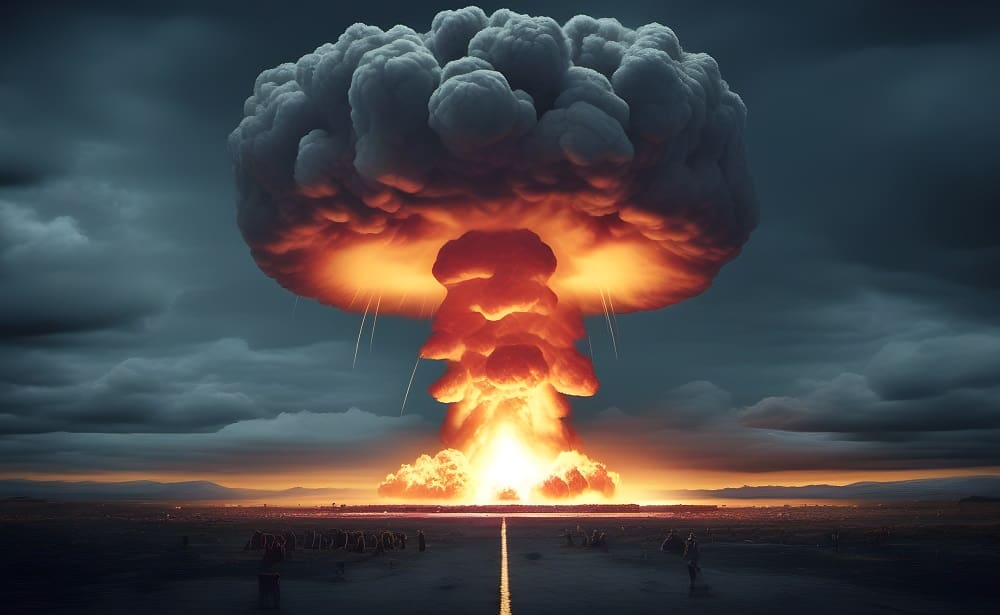The historical usage of nuclear bombs during the time of the Mahabharata is a topic of intrigue. It was in 1945 that Robert Oppenheimer conducted the world's first nuclear test, a pivotal moment in the evolution of modern warfare. Certainly, Robert Oppenheimer was a prominent American physicist who played a crucial role in the development of the atomic bomb during World War II. His work as the scientific director of the Manhattan Project made him a key figure in the history of nuclear physics and the atomic age. This historical figure is often reverently hailed as the "father of the atomic bomb".
However, a less explored facet of this story is Oppenheimer's deep inspiration from ancient Hindu scriptures, which significantly influenced his groundbreaking work on nuclear weaponry. Of particular significance was a verse from the Bhagavad Gita, where the Lord famously quoted, "Now I Am Become Death, the Destroyer of worlds."
As per Robert Oppenheimer, we were aware that the world would undergo a profound transformation. Some individuals found amusement in the situation, a few shed tears, but the majority remained in solemn silence. The memory of a verse from the Hindu scripture, the Bhagavad Gita, resurfaced in my thoughts; Vishnu, endeavoring to persuade the Prince to fulfill his duty, manifested in his multi-armed form and proclaimed, "Now, I am become Death, the destroyer of worlds." I reckon that each of us shared a similar sentiment in one way or another. Oppenheimer's quote illustrates the profound and weighty implications of his work on the atomic bomb and the destructive power it unleashed.
As Robert Oppenheimer witnessed the atomic bomb explosion, he famously recalled verses from the Bhagavad Gita, saying, "If the radiance of a thousand suns were to burst at once into the sky, that would be like the splendor of the mighty one." Also, Oppenheimer elucidated that he perceived a view of Lord Vishnu in his utmost wrath, assuming his supreme form when the colossal fireball exploded in the sky during the nuclear test. This profound experience led him to believe that he had unleashed the first modern nuclear bomb, reminiscent of an era where such devastating weapons existed, as described in the Mahabharata.
Oppenheimer's connection to Hinduism serves as a powerful testament to the integration of ancient wisdom into modern science. It prompts us to consider the possibility that nuclear weapons might have indeed existed during the Mahabharata era, supported by evidence of intense radioactive activity in northern India and references to formidable weapons like the Brahmastra in ancient texts. This linkage highlights the enduring resonance of ancient knowledge within the realm of contemporary science.














0 comments:
Post a Comment